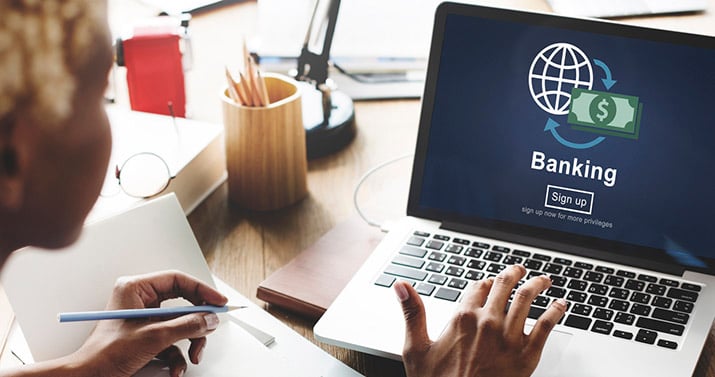Rise by Six: Your Daily Dose of Inspiration
Explore insights and stories that elevate your day.
Banking Blunders: How to Avoid the Common Pitfalls
Uncover the top banking blunders and learn how to dodge them! Master your finances with our essential tips and tricks.
Top 5 Banking Mistakes to Avoid: A Guide for Savvy Savers
Effective banking is crucial for anyone looking to build a solid financial foundation. However, many individuals fall prey to common banking mistakes that can undermine their savings efforts. Below are the Top 5 Banking Mistakes to Avoid. By steering clear of these pitfalls, savvy savers can enhance their financial health and achieve their goals more efficiently.
- Ignoring Fees: Many banks charge hidden fees that can erode your savings. Always review your bank statements for monthly maintenance fees, ATM fees, and other charges.
- Neglecting Account Options: Choosing the wrong type of account can result in lost interest. Research high-yield savings accounts or consider credit unions for better rates.
- Failing to Monitor Transactions: Regularly checking your account helps you spot unauthorized transactions early. Set alerts to keep your financial activity in check.
- Not Utilizing Budgeting Tools: Many banks offer budgeting tools that can help track spending and saving goals. Take advantage of these features to stay organized.
- Overlooking Investment Opportunities: Savings accounts often yield low returns. Explore investment options to make your money work harder for you.

What Are the Hidden Fees in Your Bank Account? Uncovering the Truth
When managing your finances, it's essential to be aware of the hidden fees lurking in your bank account. These fees can significantly impact your finances, often going unnoticed until they add up. Common examples include monthly maintenance fees, which some banks charge simply for having an account. Additionally, ATM withdrawal fees can accumulate quickly, particularly when using machines outside your bank's network. Other potential fees include returned deposit fees and overdraft charges, which can catch even the most diligent customers off-guard.
To fully uncover the truth about these hidden fees, it's crucial to read your bank's terms and conditions thoroughly. You can also call customer service to clarify any vague points about fees related to specific transactions or account types. Utilizing budgeting tools or apps can help track these expenses, ensuring you stay informed and minimize unnecessary costs. Being proactive about your bank account management will equip you to challenge any questionable fees and help you keep your money where it belongs—in your pocket!
How to Protect Yourself from Identity Theft: Essential Banking Tips
Identity theft can happen to anyone, but there are proactive steps you can take to protect yourself. Regularly monitor your bank statements and account activity for any unfamiliar transactions. Set up alerts for large withdrawals or changes to your personal information, ensuring that you're notified immediately of any suspicious activities. Additionally, consider using two-factor authentication for your online banking accounts. This extra layer of security can significantly reduce the risk of unauthorized access to your financial information.
Another essential tip is to be cautious with your personal information. Never share sensitive data such as your Social Security number, bank account numbers, or passwords unless absolutely necessary. When shopping online or entering personal details, ensure that the website is secure; look for 'https://' in the URL. Lastly, understand your rights regarding identity theft through your bank; many institutions offer fraud protection services that can help you recover your finances in the event of theft.